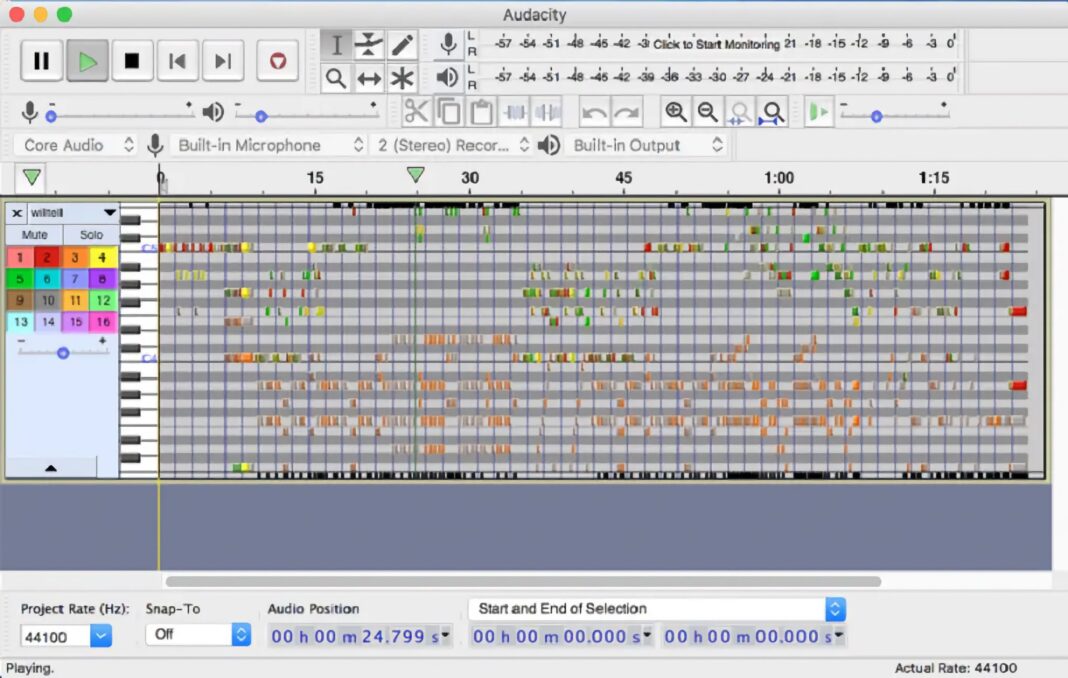On July 2, the popular open source audio app, Audacity released a new privacy update that accounts for the platform’s new data collection procedures. However, these changes have not been well-received by users, with many considering this a “betrayal,” according to 9To5Mac.
Audacity is a free and open-source digital audio editor and recording application software, available for Windows, macOS, Linux, and other Unix-like operating systems. Earlier this year, Audacity was acquired by Muse Group, which has continued to grow in popularity with little to no issues – until now. The new privacy changes can be broken down into two categories of data collected:
#1 – Data For Analytics
The analytical data is limited to more specific information, including the OS version, CPU, user country (based on IP address), and error codes. The problem users have expressed with this update concerns the vague and overbreadth of the phrasing, specifically as it pertains to the way in which the data is legally enforced.
#2 – Legal Enforcement
The privacy changes states that “data necessary for law enforcement, litigation and authorities’ requests (if any)” without any limitations. This open-ended phrasing upsets the very dynamic, according to users, that Audacity has experienced and offered for the past 20 years as an open-source project.

For users that are upset with this change, they can still download previous versions of Audacity (remember, open-source), where these changes are not implemented.
CCPA Apply?
At the end of the day, Audacity’s latest move brings the open-source tool into the realm of every other app that now collects and harvests data, bringing in possible questions of whether California’s privacy law (CCPA) and/or GDPR apply. Convenience will always trump privacy. The CCPA, or California’s Consumer Privacy Act offers California-based consumers certain rights over the personal information collected by companies on them.








